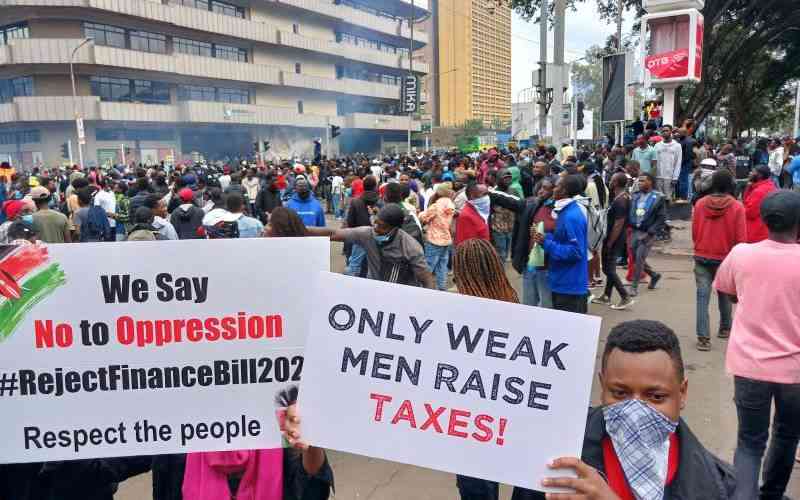
As 2024 draws to a close, it is fitting to pause and ask: If we were to track where God has been in Kenya this year, where would we find Him? The answer is both illuminating and unsettling, for it reveals where the light has shone and where darkness has prevailed.
No other group has embodied the presence of God this year more than Generation Z. These young Kenyans have become the nation's unlikely prophets, speaking truths that others are too timid to voice. They have refused to be silenced or erased, boldly challenging the government of the day with a resilience that can only be described as divine. They remain "children" to their parents but, to the nation, they are saviours. In their demonstrations, from "Occupy the Church" to their persistent cries for justice, we saw God's hand moving. Their actions echoed the ancient cries of prophets who called for justice and righteousness, even in the face of overwhelming opposition.